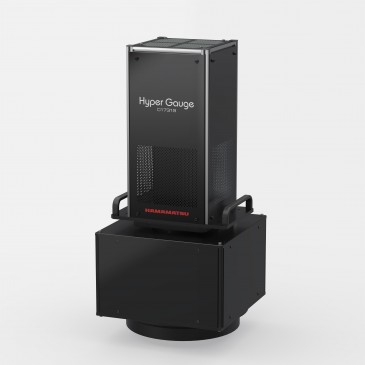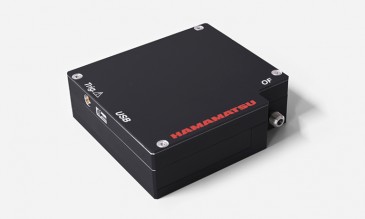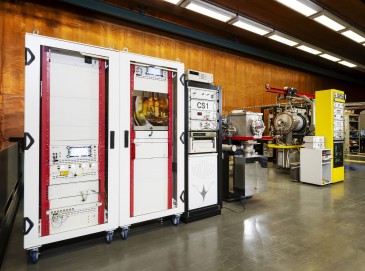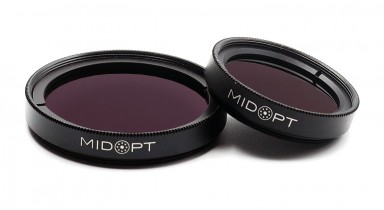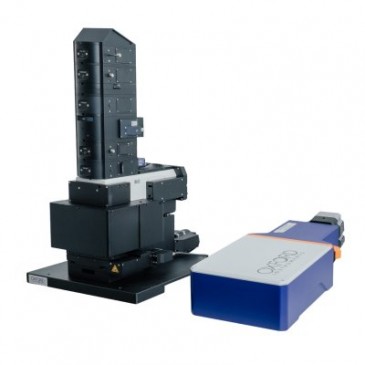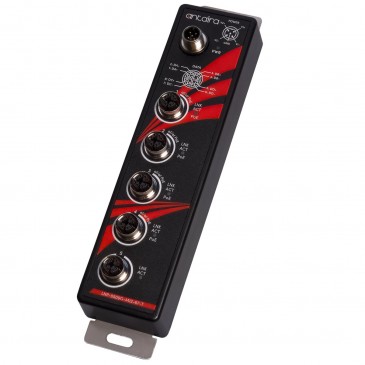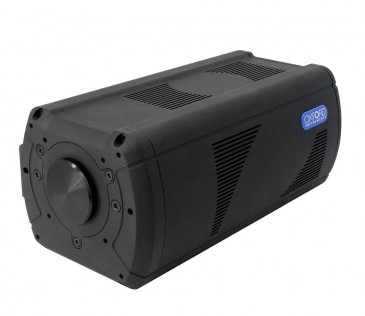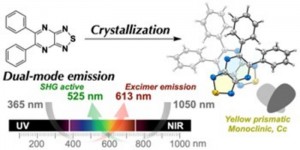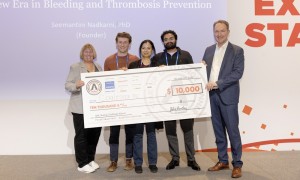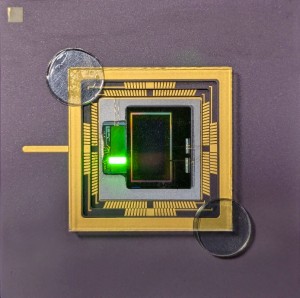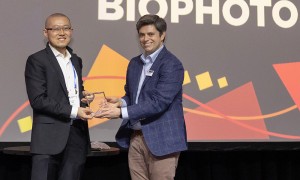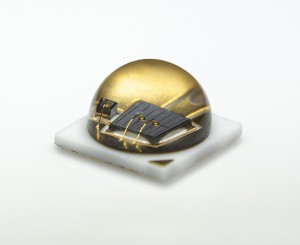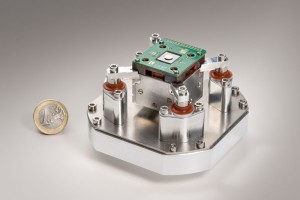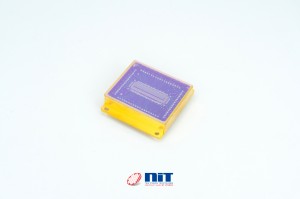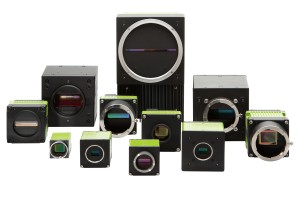
SPIE, the international society for optics and photonics, has welcomed 107 new Senior Members from 22 countries. SPIE Senior Members are Society Members of distinction who are recognized for their professional experience and technical accomplishments, their active involvement with the optics community and with SPIE, and for significant performance that sets them apart from their peers.
The newly recognized Senior Members — drawn from across academia, industry, and government — work in a variety of disciplines that include nanophotonics, noninvasive-imaging technologies, spectral imaging, laser-matter interaction, optical metrology, quantum optics, metamaterials, medical imaging, optoelectronics, nonlinear photonics, freeform optics, digital holographic microscopy, photoacoustic imaging, astronomy-related optical engineering, lidar technologies, fiber-optic sensing, translational biophotonics, lithography, optics-focused business development, and photonics-industry advocacy.
Among the 2024 cohort of SPIE Senior Members, the Society welcomes a strong representation of accomplished constituents from across the world, including Jessica Wade, a Royal Society Research Fellow and lecturer in Functional Materials at Imperial College London, chair of the SPIE Equity, Diversity, and Inclusion Committee, and author of Nano: The Spectacular Science of the Very (Very) Small; Herbert Shea, a professor at EPFL, the Swiss Federal Institute of Technology in Lausanne, and a key contributor to the SPIE Smart Structures + Nondestructive Evaluation community; Harsha Grunes, a senior principal engineer at Intel and an active member of the SPIE semiconductor lithography community; and Endowed Chair and Professor of Optics at Monroe Community College Alexis Vogt, who is also the executive director of Workforce and Higher Education at AmeriCOM and a key leader in the proactive growth of the optics and photonics workforce.
The group also includes the first two women SPIE Senior Members from Japan — Kaoru Minoshima, a professor and vice-president at the University of Electro-Communications, and Aiko Narazaki, a principal research manager of the Research Institute for Advanced Electronics and Photonics at the National Institute of Advanced Industrial Science and Technology — and the first SPIE Senior Member from Latvia, Inga Sakn�«te, who holds research and professorial posts at the University of Latvia and Vanderbilt Dermatology Translational Research Clinic.
“Congratulations to our new SPIE Senior Members,” said 2024 Senior Member Subcommittee Chair and Clemson University Professor and Associate Dean of Inclusive Excellence Oliver J. Myers. “As researchers and practitioners, they are critical contributors to our community through their technical innovations as well as through their community-focused activities. It is gratifying to welcome them and to highlight the rich range of their contributions across industry, academia, engineering, and community support.”
Nominations for the 2025 cohort of SPIE Senior Members will be accepted through 15 March, 2025; nomination support materials will be accepted until 1 April, 2025. More information and a complete list of all SPIE Senior Members can be found here.
About SPIE
SPIE, the international society for optics and photonics, brings engineers, scientists, students, and business professionals together to advance light-based science and technology. The Society, founded in 1955, connects and engages with our global constituency through industry-leading conferences and exhibitions; publications of conference proceedings, books, and journals in the SPIE Digital Library; and career-building opportunities. Over the past five years, SPIE has contributed more than $24 million to the international optics community through our advocacy and support, including scholarships, educational resources, travel grants, endowed gifts, and public-policy development. www.spie.org.





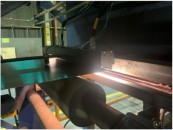










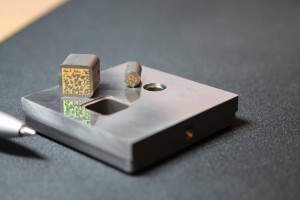

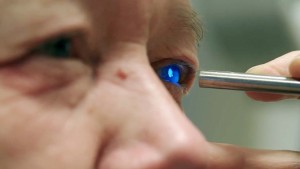

 Back to People
Back to People

